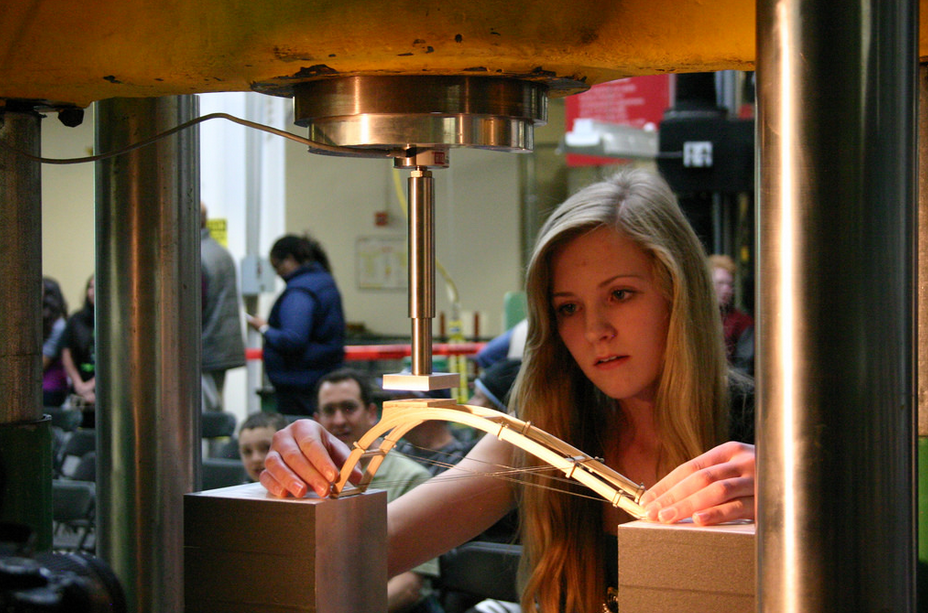The idea of apprenticeship as an alternative to college has gained acceptance by leaps and bounds in recent years. After all, who wouldn’t like the lower cost, the hands-on training, and the practical aspect of the concept?
The question is, why does a student have to wait until he has completed high school to begin practical training? Should school hinder a student from getting experience in the business world?
Students and teachers at Lake Holcombe High School in Wisconsin would likely answer that last question with a decided no. According to The Chippewa Herald, the school launched its own manufacturing business in April of 2017. Running under the name of LH Products, the school’s business gives students hands on experience in production, manufacturing, management, sales, and marketing:
“Students make wood creations, such as cutting boards or coasters, and sell the pieces online and at local fairs and events. Some students help coordinate production and materials, while others are involved in the marketing, research and development of products.”
The class appears to be so attractive to students that they can’t stay away from it once the school day finishes:
“Outside of the daily class, students are still working, [business instructor Thea] Hempel said, fostering teamwork and making sure each is an active piece in the LH Products puzzle.
‘What I’m seeing…is teamwork skills. They’re working together in a fun and chaotic environment,’ Hempel said. ‘We come in, and we hit the ground running. They’re working with people they may not have worked with before…They are really holding each other accountable.’”
But students aren’t just having a good time with the program. They’re also realizing the depth of skills they are learning for future use. The question is, why has it taken so long for a high school to attempt such a program that appears to be well-liked, while offering many learning benefits?
The reason for that may be found in Ivan Illich’s Deschooling Society. According to Illich, the school system often has a misguided approach to education:
“A second major illusion on which the school system rests is that most learning is the result of teaching. Teaching, it is true, may contribute to certain kinds of learning under certain circumstances. But most people acquire most of their knowledge outside school….
Most learning happens casually, and even most intentional learning is not the result of programmed instruction.”
Illich goes on to say that the instruction we associate with normal classroom schooling is beneficial, but he also notes that we must recognize that “a great deal of learning even now seems to happen casually and as a by-product of some other activity defined as work.”
In recent years, we have come to view high school kids as just that: kids. We fail to treat them as the almost-grown-ups that that they are, and as such, we often don’t give them responsibilities to match this nearly-adult status.
Would students learn more if they were accepted as adults and given the opportunity to work and act like one, even while still under the jurisdiction of the school?
[Image Credit: Flickr-Bureau of Reclamation (CC BY-SA 2.0)]
















Leave a Comment
Your email address will not be published. Required fields are marked with *